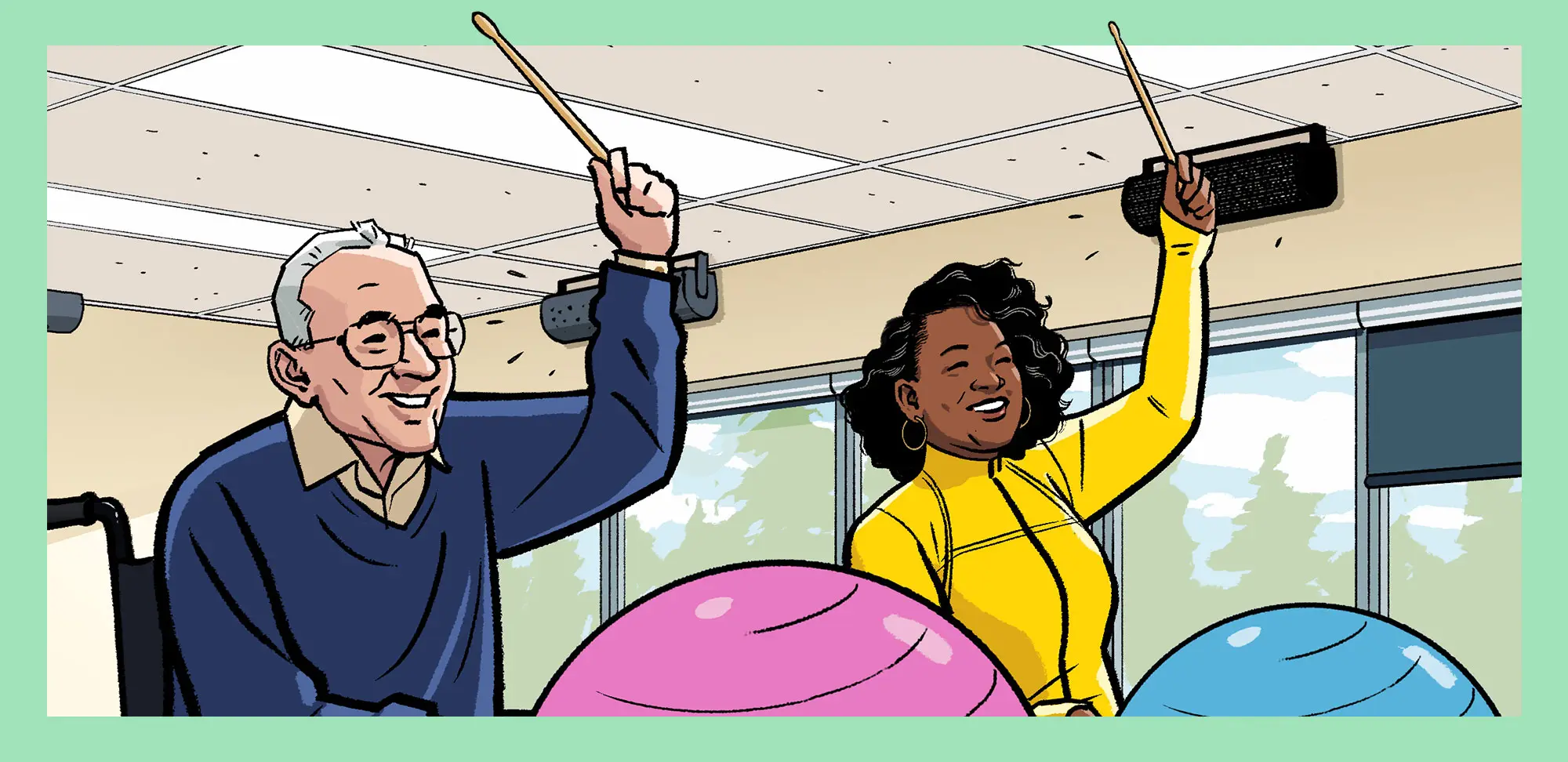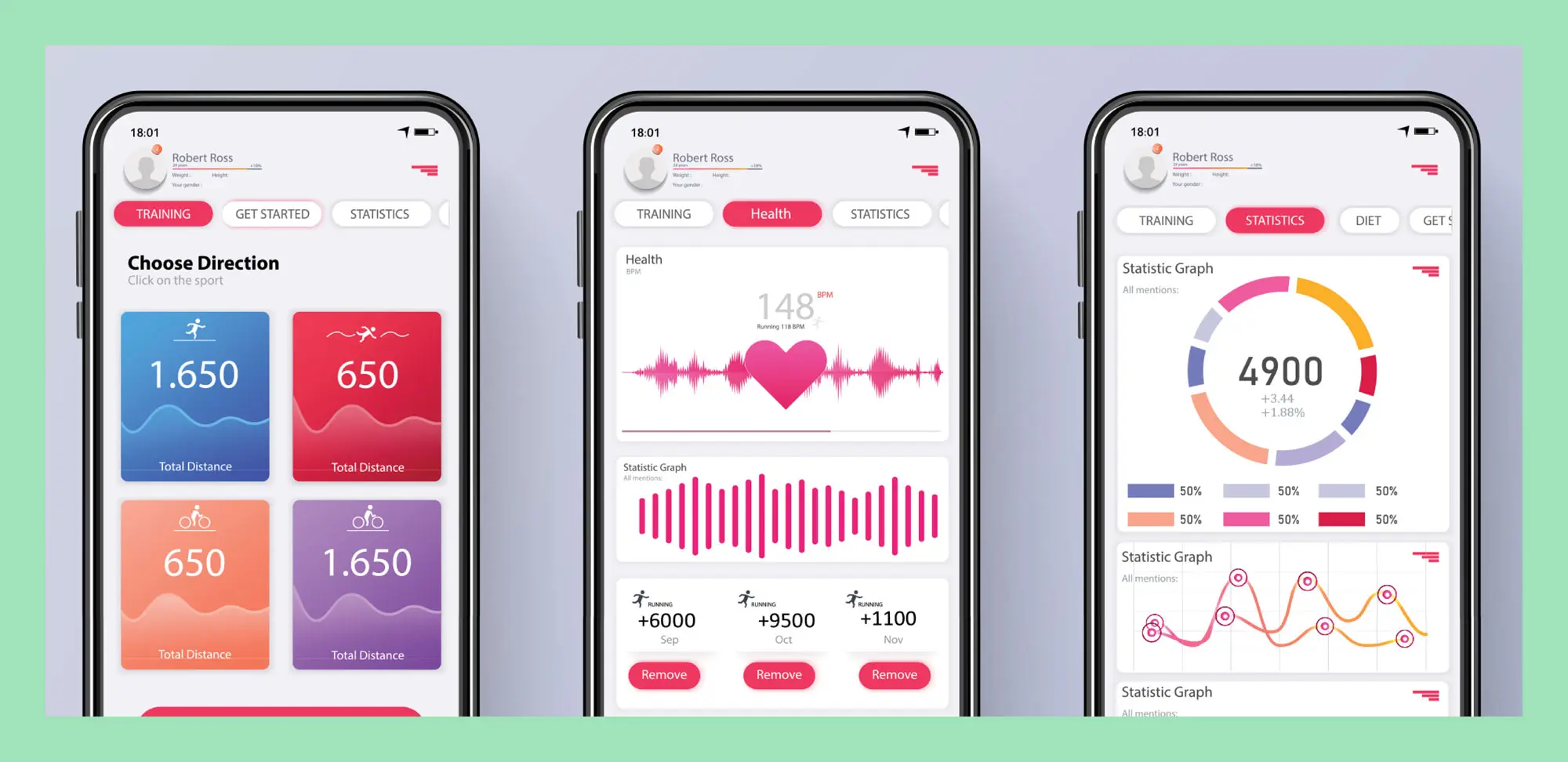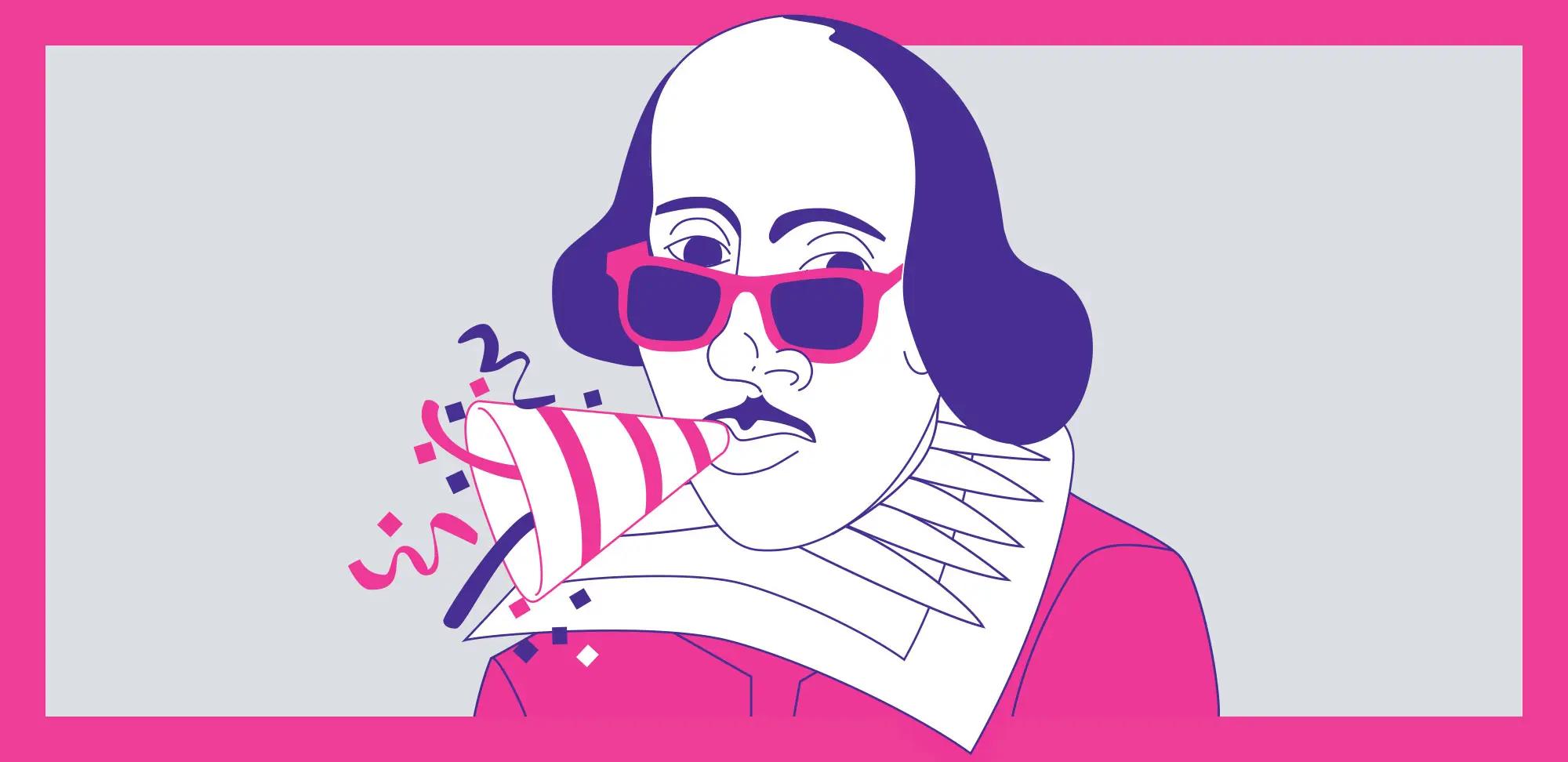Want to play a better game of tennis? You might hire a coach. Looking for life or career advice? You might hire a life coach to help you there, too.
You might consider your family doctor a coach because they give you health advice, but according to Medscape Physician Compensation Report 2016, most respondents spend between 13 and 16 minutes with their doctor on any given visit.
So maybe a health coach is in order.
What is a health coach?
A health coach is a guide and partner. They help you implement lifestyle changes to improve your health — both mental and physical. They typically focus on nutrition, exercise, sleep, smoking, stress and time management.
“The health coach’s role is to help the person connect what they know — and to fill in gaps where they don’t know — to their actions,” says Marvin Nixon, who is certified by the National Board for Health & Wellness Coaching (NBHWC) and based in Toronto. “[It’s] getting those actions to become behaviours, to become habits to lead to a healthier lifestyle.”
Why would you want one?
Sometimes it’s hard to go it alone. Many people need help with focus and motivation, says Jocelyn Hill, also based in Toronto and NBHWC-certified. “Even if you have knowledge of what to do, that knowledge doesn’t help a whole lot; otherwise, January resolutions would be way more successful.”
She’s right. According to a 2016 study, of the 41 per cent of Americans who make New Year’s resolutions, only nine per cent feel they’ve succeeded in keeping them by the end of the year. And the stats would probably be similar for Canadians.
Coaches can also help with the dips that inevitably happen if you’re going solo to make a change. “People on their own don’t prepare for setbacks,” says Hill. “They don’t prepare for those dips. A skilled health coach can rescue people from those dips and get them back on track.”
“The only thing I’m an expert in is behaviour change, nutrition, sleep and exercise. If you say to me, ‘I will not go to a gym,’ great, let’s not go to the gym. So what else can you do?”
— Marvin Nixon
What are the benefits?
“Many people will seek out a health coach as a preventative measure,” says Nixon, “to feel better, to look better.” One U.S. study found that participants who went through three months of health coaching saw significant health improvements, including in their blood pressure, cholesterol, body weight and cardiovascular fitness.
What do they coach you on?
Anything health-related is up for grabs: losing weight, getting exercise, eating healthy, getting more sleep.
But remember, the health coach isn’t in charge — you are. “The client is the expert in themselves, in their body, in what they like, what they hate,” says Nixon, who’s also a personal trainer. “The only thing I’m an expert in is behaviour change, nutrition, sleep and exercise. If you say to me, ‘I will not go to a gym,’ great, let’s not go to the gym. So what else can you do?”
How does health coaching work?
Typically, you meet with your coach (either online or in person) once a week for an hour, for anywhere from three to five months. The coach is there to listen, provide information and options, and help guide you to achieve your health goal(s).
How else do they help?
Don’t have time to make a healthy meal or go to the gym? Health coaches fit solutions into your life. “Part of my job is to make it easy for you,” says Donna Druzic, a holistic health coach based in Kingston, Ont., “to find solutions that work in your busy life.”
They can also help weed out the ton of information you’ll find online. “We give very curated information,” says Druzic. “That’s what people want. It’s a busy world, and if you google, you’ll get overwhelmed.”
How much does it cost?
Most health coaches will sell a package of sessions, as opposed to single sessions. “That’s going to depend on the coach and how they work,” says Nixon. “I don’t sell sessions; I sell five months. A program with my health coaching is five months because that’s what it takes to really see change.”
Pricing can run from $100 to $150 per session; there may be discounts for buying in bulk.
What kind of training do health coaches have?
Hill completed her health coach training through Duke University in 2014/15, and then qualified to write the NBHWC exam in 2017. Of the training, she says that “there was absolutely nothing comparable in Canada [at the time].”
York University in Toronto now offers a Health Coach Professional Certificate. According to the York website, the certificate is the first and only NBHWC-approved training program in Canada. Once individuals complete the certificate, they can apply to write the NBHWC exam.
Nixon says that NBHWC “is the only group that’s internationally setting standards and boundaries. It’s important that a health coach understand the health basics but also stay in their lane and not drift into counselling, medical advice. The board really helps set that scope of practice.”
When you’re looking for a coach, consider these questions to ensure you get the best:
- Where did you complete your training? Do you have the NBHWC credential? Do you have any additional credentials or training?
- How many years of experience do you have?
- Do you offer a free consultation or discovery call? “This is typically 15 to 20 minutes,” says Hill. “It’s a great opportunity to see if the coach is a good fit.”
- What type of clients do you work with? Some coaches have a niche in weight loss, burnout, menopause or osteoporosis, for example, says Hill.
How do you find a health coach?
Contact one of these two reputable institutes to find a coach in your area:
- Health Coach Institute healthcoachinstitute.com
- National Board for Health & Wellness Coaching nbhwc.org










